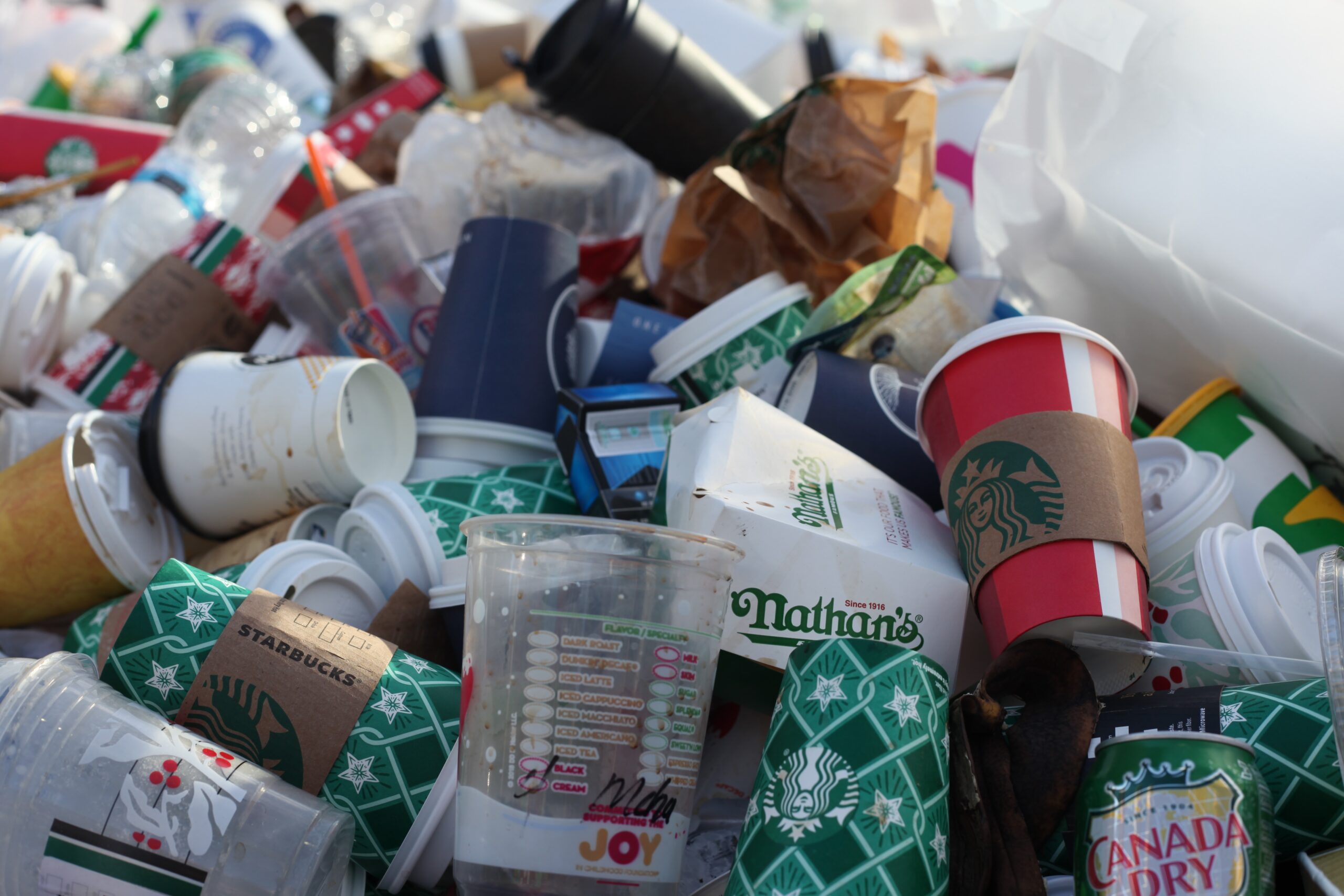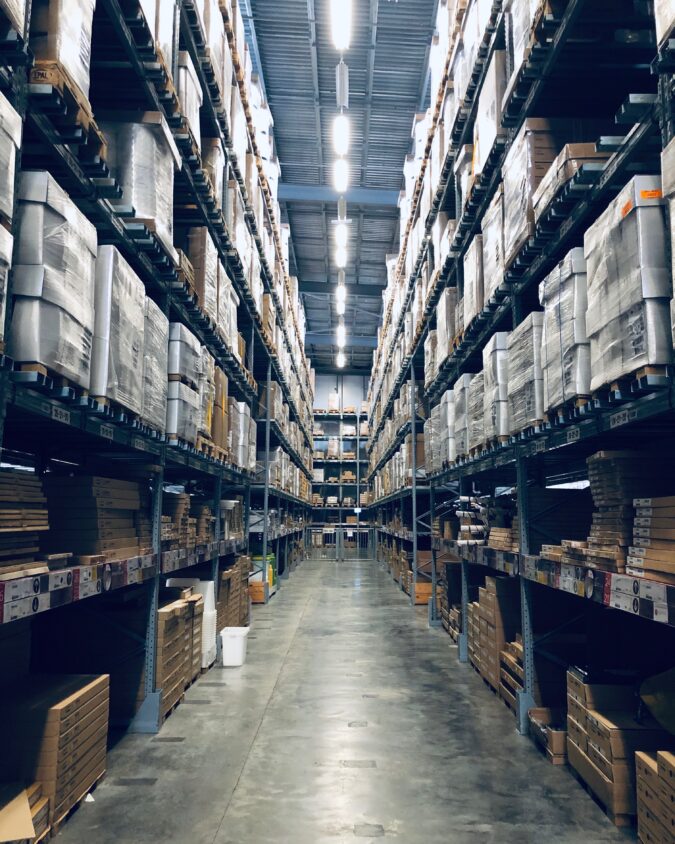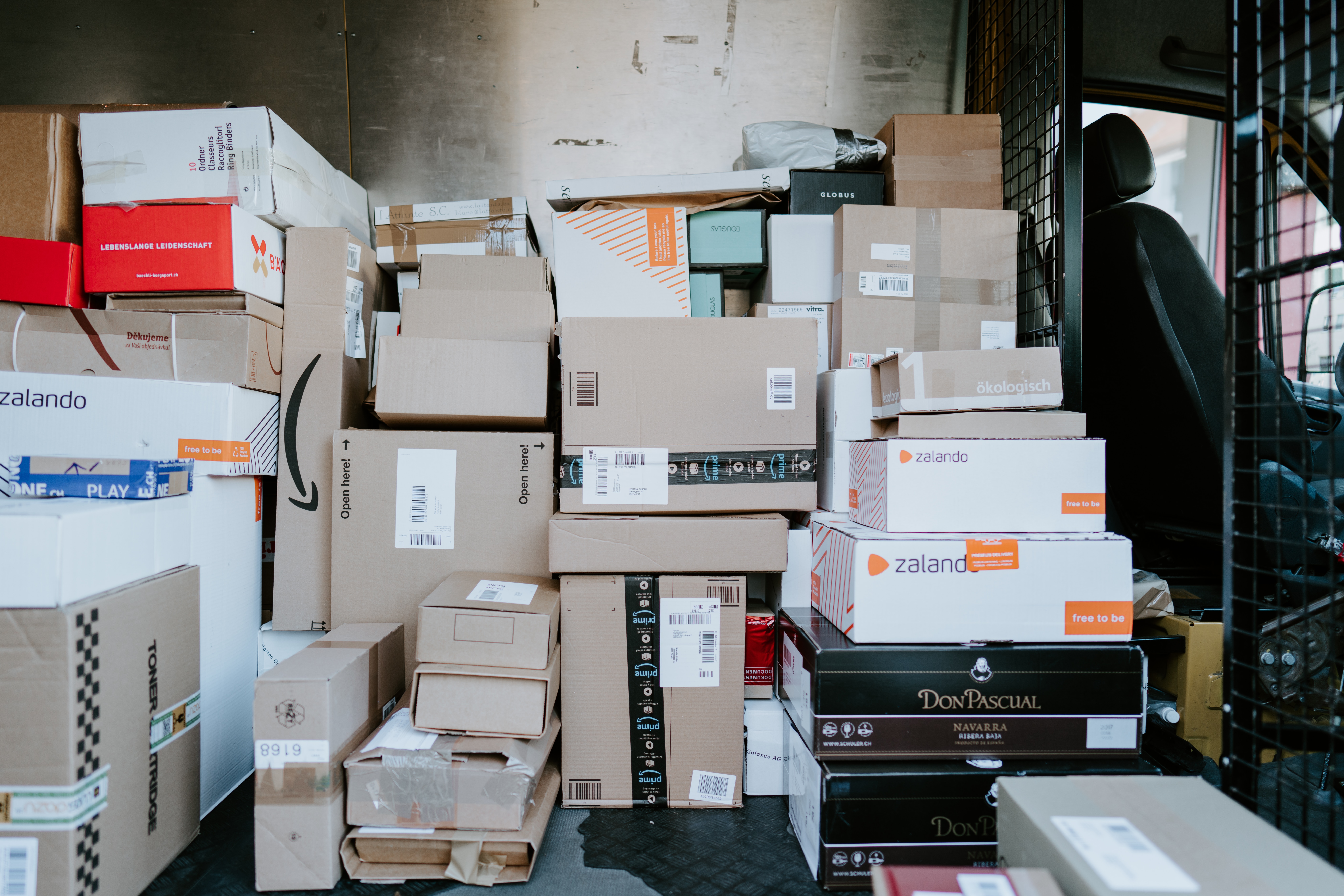Will EPR Affect Your Packaging Recycling Responsibilities?
Extended producer responsibility (EPR) is a new UK regulation that aims to increase the responsibility of businesses that supply or import packaging. It’s a reform to the current Packaging Waste Regulations that will change the management and funding of packaging waste. The costs of managing packaging once it becomes waste will shift to the producers rather than the consumers.
Any organisation in the UK that produces, supplies, or imports packaging will need to report packaging data and ensure EPR compliance when it comes into effect. In July 2023 it was announced that the full introduction of the UK EPR scheme will be pushed back by a year. Businesses should still start preparing for the scheme though.
Getting to grips with extended producer responsibility can seem complex before it’s enforced. Understand what EPR is and whether your business will be affected and need to make any changes with our detailed guide.

What is EPR?
EPR is an environmental policy where the producer’s responsibility for a product extends to the post-consumer stage. In the UK, EPR refers to the new extended producer responsibility scheme for packaging waste. This means companies that produce, supply, and import packaging will be responsible for the costs of managing it once it becomes waste.
The new EPR scheme will move the cost to dispose of packaging waste from taxpayers to the producers. Organisations may need to:
- Collect and report data about the packaging they supply and/or import
- Pay waste management, administrator, and environmental regulator fees
- Meet recycling obligations with packaging waste recycling notes (PRNs) or packaging waste export recycling notes (PERNs)
The idea of EPR for packaging is that if the products created add to pollution, then the producer rather than the user should cover the costs of its impact on the environment and human health. EPR is set to build on and replace existing packaging waste regulations.
Why is EPR for packaging
being introduced in the UK?
The UK produces more than 10 million tonnes of packaging waste every year. Around two-thirds of this are recyclable or reusable, yet vast amounts make their way to landfill sites across the country. By placing the responsibility and costs for packaging disposal on the producers, EPR aims to encourage businesses to develop more sustainable and recyclable packaging.
An increase in costs for packaging producers should kickstart an improvement in creating and using formats and materials that are recyclable. This should have a positive effect on the environment and reduce the associated costs for businesses, as recycling is more cost-effective than sending waste to landfill and other disposal methods.
Introducing EPR for packaging also helps the UK government make small steps towards its various environmental targets. This includes eliminating all avoidable waste by 2050 and reducing residual waste production per capita by 50% by 2042. The government is also following the example of other countries that have introduced EPR for packaging waste.
Research by The Recycling Partnership in the USA found a positive impact of EPR on packaging and paper when introduced in seven other regions. It found EPR increased the collection and recycling of target materials to more than 75% in British Columbia, Belgium, Spain, the Netherlands, and South Korea. In Portugal and Quebec, it was over 60%.
Who does the EPR
scheme apply to?
The EPR scheme applies to any organisation in the UK that supplies or imports packaging. Normally EPR applies to a brand owner or importer. This includes any business that:
- Supplies packaged goods to the UK market under your own brand
- Puts items into packaging that’s unbranded when it’s supplied
- Imports products in packaging
- Owns an online marketplace
- Hires or loans out reusable packaging
- Provides empty packaging
If your business does any of the above then it will need to collect and report its packaging data. EPR regulations apply to any UK organisation that:
- Is an individual business, subsidiary, or group (but not a charity)
- Has an annual turnover of £1 million or more (based on your most recent annual accounts)
- Was responsible for more than 25 tonnes of packaging in 2022
- Carries out any of the packaging activities
For example, imagine you run a food company with branded packaging for your goods. You supply supermarkets and other food retailers with your products that are sold to consumers in the UK. Here the food company must comply with EPR regulations. But if the food items were sold under the supermarket’s branded packaging then the supermarket would be responsible.
You do not have to act under EPR in the UK if you import goods in packaging that’s:
- Branded – you import it for an established brand owner in the UK
- Unbranded – you supply it to a ‘large’ organisation that applies its brand before it’s sold

How does extended producer
responsibility work?
Extended producer responsibility requires all eligible companies to comply with the scheme. This involves submitting packaging data on time and covering the net cost of packaging waste management and disposal for their own products. Extended producer responsibility works by businesses following these general steps:
- Businesses that produce, supply, or import packaging in the UK collect the required packaging data. This includes in-house and supply chain information.
- Organisations should get any PRN (packaging waste recycling note) or PERN (packaging waste export recycling note) as evidence that their packaging waste was recycled.
- Enrol on the government EPR portal and prepare to submit your data report and meet financial obligations. This might include paying a waste management fee, scheme administrator costs, and charges to the environmental regulator.
- Report and submit your packaging data for the specific period by the agreed deadline. You might have to include nation data about which country the packaging is supplied to and discarded in. Your packaging report must include details about:
- Packaging activity – how you supplied the packaging
- Packaging type – household or non-household packaging
- Packaging class – if the packaging is primary, secondary, shipment or tertiary
- Packaging material and weight
- Repeat the process for the next EPR deadline. During this time many businesses will seek recyclable and sustainable packaging options to reduce the environmental and financial impact of their operations.
When will EPR legislation
be introduced?
The Packaging Waste (Data Reporting) (England) Regulations 2023 came into effect on 28 February 2023. This means producers of packaging should already be collecting and reporting data about the amount and type of packaging they place on the market in England. Large organisations should have registered for the EPR packaging online service by April 2023, while for smaller companies it opens in 2024.
Large organisations in the UK must submit packaging data between 1 January 2024 and 1 April 2024 (this is to cover the period of 1 July 2023 to 31 December 2023). Small organisations should work to the same dates but for data from 1 March 2023 to 31 December 2023.
The introduction of EPR legislation is phased though. In July 2023 the Department for Environment Food and Rural Affairs (Defra) announced a delay for payments for extended producer responsibility (EPR) for packaging by a year, pushing it back to October 2025. Defra claims the delay is to help efforts to drive down inflation
From October 2025 onwards producers will pay fees based on the recyclability/sustainability of their packaging. The exact charges will depend on how widely recycled the material is and other factors. More detailed data on packaging materials will be necessary at this point compared to what’s reported in the current system.

How much could
EPR tax cost?
The exact cost of the new EPR tax is yet to be announced by the UK government. However, it will likely vary between businesses and depend on the amount and type of packaging supplied or imported. There may also be differences across nations and further measures and changes may apply to the EPR tax.
Under the new EPR scheme, 30% of plastic packaging must contain recycled content that’s placed on the UK market by a producer. A charge of £200 per tonne will apply to any plastic packaging with less than 30% recycled material.
How to prepare for EPR
One advantage of the delay to extended producer responsibility regulations is that businesses have an extra year to prepare for them. Understanding whether EPR legislation will affect your organisation and what you need to do is vital to comply with these new regulations. Important ways to prepare for EPR as a business include to:
- Check whether EPR applies to your organisation or not – your suppliers may hold responsibility.
- Identify any areas of your business where EPR applies and understand its impact.
- Model the regulatory costs and factor upcoming EPR charges into your budget to financially prepare for such change.
- Plan how you’ll gather, collect, and store all data about your packaging and waste. Check your data is accurate and provides complete coverage.
- Consider alternative packaging options to ensure full recyclability and other ways to use sustainable packaging that’s environmentally friendly and financially beneficial for your business.

Advantages and disadvantages of
extended producer responsibility
Extended producer responsibility (EPR) aims to have a positive environmental impact and transfer waste management costs to the producers. In the long run, it should benefit businesses, councils, and households, but there are still some concerns for the short term. There are various advantages and disadvantages of extended producer responsibility:
Advantages of EPR
- Increases the recyclability of packaging
- Reduces the amount of packaging waste in landfill
- Encourages more sustainable packaging designs
- Businesses are likelier to seek out alternative eco-friendly packaging solutions
- Packaging producers cover the costs of waste disposal
Disadvantages of EPR
- Could place a financial burden on producers of packaging
- Implementation of packaging changes could take a long time
- Complex system with slightly different rules across the UK nations
- Producers could increase prices to match any EPR tax additions
- Growing businesses may change from small to large organisations, causing complications in data reporting
Get help with
your packaging waste
At Business Waste we have a team of experts who can help with any questions you’ve got about managing your packaging waste. We can provide free bins for all types and amounts of packaging waste with no delivery or hire fees – you only pay for collection. Regular and one-off removals are available.
Call 0800 211 8390 to speak to one of our experts about your packaging waste or contact us online with your query or to arrange a callback. We can also provide a free no obligation quote for packaging waste collection from your business anywhere in the UK.
Have your waste collected
Get a fast FREE quote for your waste collection 0800 211 83 90
- Free quote within 1 hr
- Any type of waste
- FREE bins and delivery
- We cover all of the UK